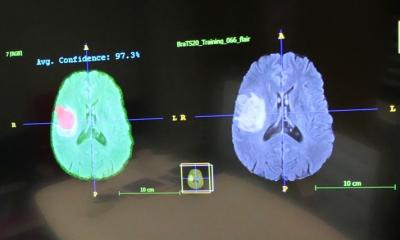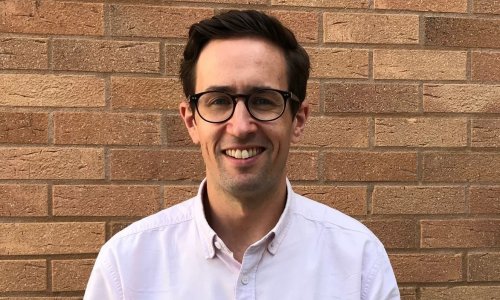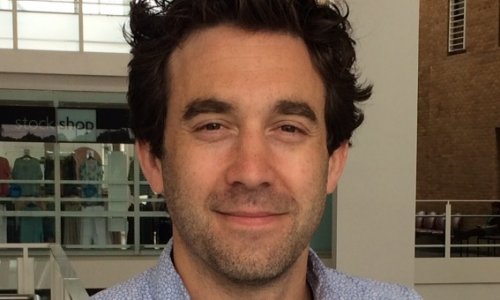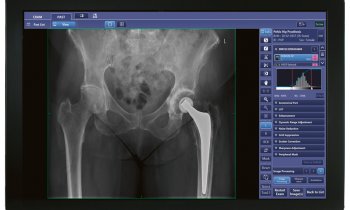Article • Leading Nigerian radiologist
Omolola Mojisola Atalabi receives RSNA Honorary Membership
Professor Omolola Mojisola Atalabi, head of the radiology department and pediatric radiology unit at the University College Hospital Ibadan, Nigeria, will receive the Honorary Membership from the Radiological Society of North America (RSNA) during the society’s annual meeting. In an exclusive interview, she told HiE how she hopes this award will reflect on her younger peers and how she copes with low resources and tackles the pandemic.
Interview: Mélisande Rouger
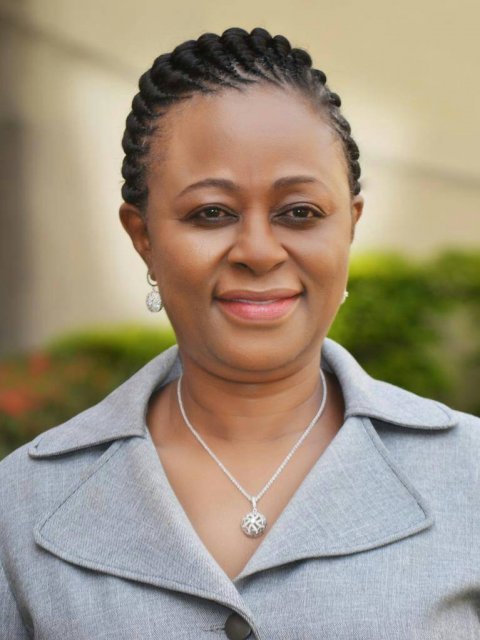
“This award means a lot. It’s a mark of recognition of my contribution and it will further motivate younger radiologists in my country to be active in associations,” said Atalabi, who chairs one of the programs of RSNA’s International Committee for Radiology Education to connect RSNA experts with a radiology department in a middle or low-income country. “Our goal is to provide comprehensive improvement through in-person and online education and technological assistance for a period of three years,” she said.
International cooperation is key to train radiologists in Nigeria, a 200M population with fewer than 1,000 radiologists. The country has also one of the lowest doctor-per 1,000-population ratios in Africa and lacks healthcare equipment1. “We need knowledge transfer whereby experienced radiologists will come and train us on ground. We need centers where radiologists can have short and medium term exposure to current imaging facilities. We also need state-of-the-art equipment,” she explained.
Radiology in Nigeria
To help provide workforce where it is needed, Nigerian radiology trainees are now split in two categories: those radiologists who can practice in local and state government hospitals, and those who can practice in teaching hospitals. Pediatric imaging, Atalabi ‘s subspecialty, remains particularly vulnerable. “Pediatric imaging lacks manpower in my country. Children are not miniature adults and need experts to correctly interpret their imaging investigations, to guide adequate and timely treatment intervention,” she explained.
Heads of department have to deal with everything - from no water and electricity to staff wellbeing; from faulty air condition to break down of equipment
Omolola Mojisola Atalabi
As Past President of the World Federation of Pediatric Imaging (WFPI), Atalabi identifies lack of equipment and acute shortage of manpower as the main global challenges for her field. “There are no dedicated children hospitals. It is therefore difficult to give 100% attention to pediatric imaging,” she said. In her daily practice, she encounters a different set of pathologies depending on the patient’s age - perinatal neurological conditions in neonates; pneumonia and diarrhea in infants; malignancies in older children.
Atalabi also leads a team of 16 radiologists and 41 residents. In this role, she faces numerous problems that sometimes have little to do with imaging. “Heads of department have to deal with everything - from no water and electricity to staff wellbeing; from faulty air condition to break down of equipment. Every day is crazy at work. There is no respite from issues that need urgent attention. To compound it is the bureaucracy,” she said. She is nonetheless working on standardization of chest ultrasound in children and supervising research of her residents. Part of her work is on hold now due to the pandemic, including an AI development project in pediatric chest x-ray with a South Africa group. “This is also because we do not have the latest cutting edge equipment to be able to do collaborative research,” she insisted.
The impact of Covid-19
The pandemic affected healthcare projects, but has not had the predicted impact in Nigeria. “We are all happily and pleasantly surprised because the forecast turned out to be false,” she said. Whereas the virus has caused much damage in many areas across the world, Nigeria has had a different outcome. Several factors could explain this relative immunity. 70% of the Nigerian population is under 50 and average age expectancy is about 55. Nursing homes for the elderly hardly exist. People mainly live outdoors. Cross immunity from malarial exposure has also been mentioned, though not substantiated.
Local healthcare services have been impacted, but managed to keep afloat. “We have lost health workers, especially physicians and nurses, but were able to stagger work schedules and health workers could cope. We were not overwhelmed with Covid patients,” she said. In spite of scarce equipment, Nigerian hospitals managed to provide imaging facilities for the patients that needed imaging and new Covid centers were built. Having a structure on ground is more important than ever, especially with the travelling and physical contact restrictions. Telemedicine could also help in the future. “The so-called new normal will have to accept and accommodate telemedicine,” she concluded.
Profile:
Omolola Mojisola Atalabi, MBBS, FWACS, FMCR, MBA is professor of radiology at the College of Medicine University of Ibadan and Head of the Radiology Department and Pediatric Radiology Unit at the University College Hospital Ibadan, Oyo State, Nigeria. She is Chairman of the Global Learning Center sub-Committee, International Committee for Radiology Education (ICRE) of the Radiological Society of North America (RSNA). She is Past President of the World Federation of Pediatric Imaging (WFPI), and immediate Past President of the Association of Radiologists in Nigeria (ARIN) and the Society of Pediatric Imaging in Nigeria (SPIN).
Reference
29.11.2020



